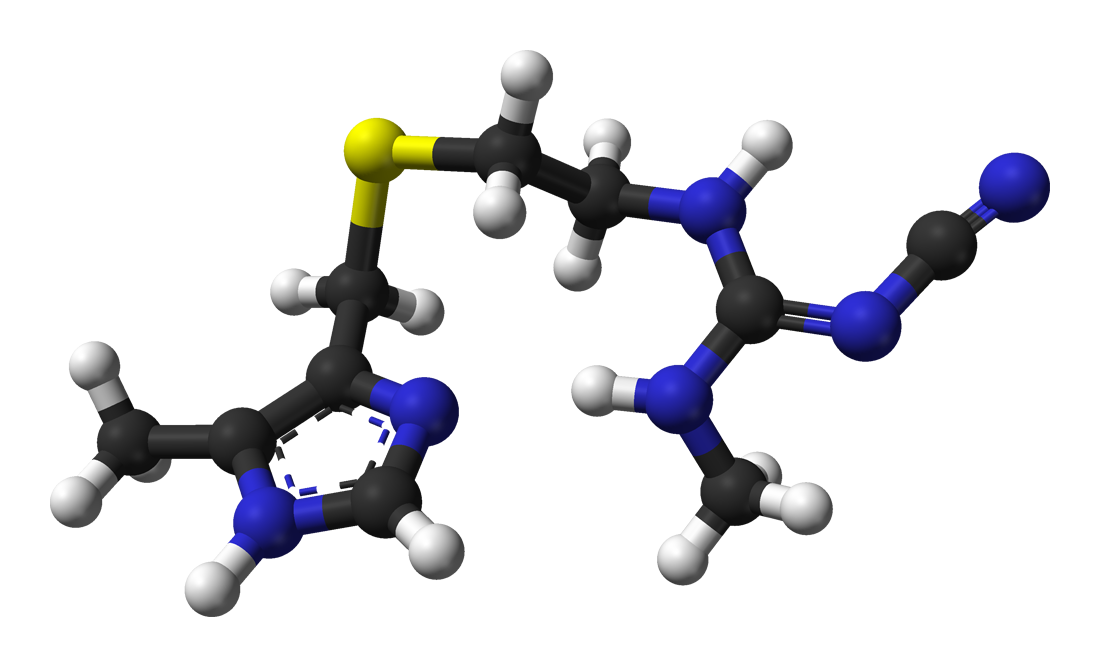Over the years, a few people have been interested in the ability of antihistamine drugs to completely reverse baldness. For instance, in a small group of ten women with so-called androgenic alopecia an antihistamine called cimetidine showed good to excellent regrowth of hair in seven out of the ten women.[1] In addition to hair regrowth, acne, seborrhea, and hirsutism, which were present in three of the patients, showed significant improvement. Most of the women said that the scalp had become less greasy similar to Hamilton's famous immune-to-baldness castrates.
more at
more at

Comment